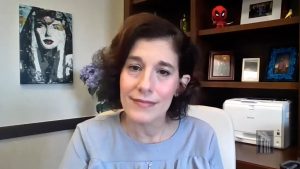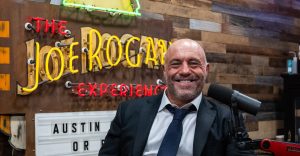Simeon V. Marcelo, with more than three decades of private practice of law, is the most experienced dispute resolution lawyer of the law firm Cruz Marcelo & Tenefrancia. He touches base on corruption and tax.
You were involved in a case that has been described as “one of Philippines biggest tax case in recent years”; can you share the challenges you faced and overcame?
The law firm successfully represented a major petroleum company before the Philippine Supreme Court in connection with the corporation’s claim for refund or tax credit for excise taxes it paid on petroleum products sold and delivered to international carriers. It is a task that is extremely difficult, having come from an initial adverse decision by no less than the Supreme Court. In its landmark Decision, the Philippine Supreme Court reversed its earlier ruling (which rarely happened in the past) and granted the corporation’s claim for refund.
This tax refund case set the precedent in the interpretation and construction of local Philippine taxation laws on imposition of excise taxes to aviation fuel purchased by international carriers for consumption outside the Philippines and its treaty obligations arising from the Chicago Convention and various bilateral air service agreements with other countries. The initial denial of the corporation’s claim for refund adversely affected the petroleum and aviation industry as the excise taxes imposed, substantially increased the cost of doing business in our country.
As one of the youngest ombudsmen appointed, you earned international recognition from your fight against corruption; in what way did you tackle this?
The first thing was to recognise that there was a problem. The trust rating of the prior Ombudsman at that time was very low due largely to a very low conviction rate (6%) and a perception that only erring minor public officials were being punished. Accordingly, would-be grafters are not deterred from engaging in corrupt practices.
With the recognition of the problem, I began to determine the causes and to develop solutions. Foremost among the reasons for the perceived failure of the office was the disabling lack of resources. Knowing these causes, I had to come up with a combination of long-term and short-term parallel solutions. Thus, while I campaigned for an increased budget from the government, I also lobbied for funds from foreign donors such as USAID and others. I also instituted numerous reforms in the Office to vastly improve its efficiency and effectiveness. Incidentally, at that time, the operating budget of the Office was only P350 Million. Now, the Office has a budget of almost P2 Billion.
Yet, despite the severe lack of resources, I was able to pursue an effective crusade against corruption, earning praises from foreign and local media, including the Philippines’ normally critical newspapers.
The Washington Post stated that Mr. Marcelo “restored credibility to that organisation…, taking on the most powerful vested and entrenched interests in a country that perennially ranks among the worlds’ most corrupt…”; “targeting the most corrupt agencies, daring to prosecute even members of the historically untouchable military.”
Moreover, what do you think could be done to address corruption in 2018?
The employment of social media as a tool for corruption detection, prevention, and prosecution should be used effectively and extensively by the Office of the Ombudsman. During my time, a successful massive lifestyle probe project was undertaken with the help of the private sector and church-based organisations that could operate down to the parishes and communities. Social media, assisting similar projects, can greatly enhance the discovery and documentation of illegal acts, especially potential ill-gotten wealth, and identifying corrupt government officials.
Simeon V. Marcelo
Founding Partner & CEO
CRUZ MARCELO & TENEFRANCIA
9th, 10th, 11th & 12th Floors, One Orion Tower
11th Avenue corner University Parkway
Bonifacio Global City, Taguig City
1634 Philippines
Simeon caught national public attention during the precedent-setting 2000 impeachment proceedings against a sitting President when he was chosen as the lead private prosecutor. Subsequently, Mr. Marcelo was appointed as the Solicitor General in February 2001. Having won all of his major cases, he is considered one of the most successful Solicitor Generals. Almost two years later, he was appointed as the head of the independent and constitutional anti-corruption body, namely: The Office of the Ombudsman. As Ombudsman, he led the prosecution team that secured the historical Plunder charge conviction of a former president.
In 2013, he became a founding and name partner of the law firm Cruz Marcelo & Tenefrancia.
Cruz Marcelo & Tenefrancia is an enduring legal institution founded on the core values of integrity, professionalism, meritocracy, and mutual respect in providing unparalleled legal representation in various fields of law that extends to the broader context of Philippine Society.




















